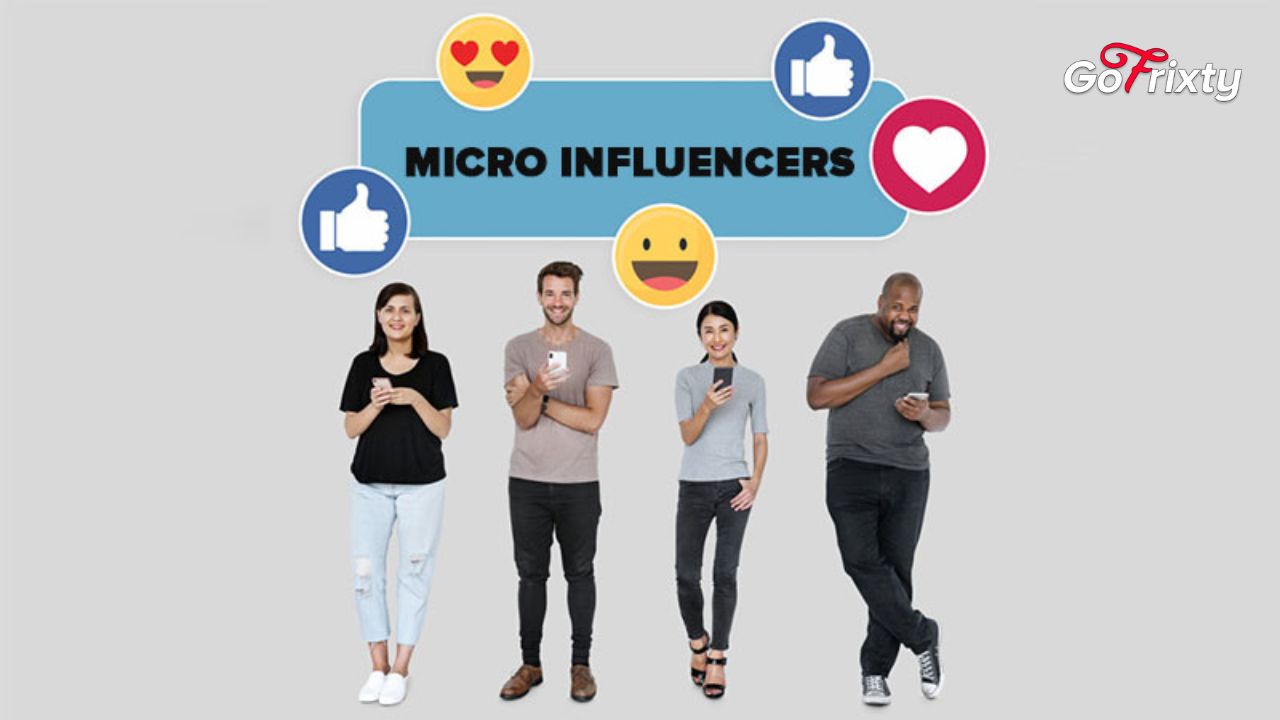Introduction
In today’s digital age, social media has become a powerful tool for businesses to reach and engage with their target audience. One of the most effective ways of leveraging social media is through influencer marketing, which involves partnering with popular social media personalities, also known as influencers, to promote a brand or product. Among the various types of influencers, micro-influencers are gaining popularity, particularly in Pakistan. In this article, we will explore the role of micro-influencers in consumer behavior in Pakistan.
What are Micro-Influencers?
Micro-influencers are social media personalities with a relatively smaller but highly engaged following. They typically have between 1,000 and 100,000 followers on platforms such as Instagram, Facebook, and Twitter. Unlike macro-influencers who have millions of followers, micro-influencers tend to have a niche audience and are seen as more relatable and trustworthy by their followers.
Role of Micro-Influencers in Consumer Behavior
In Pakistan, social media has become a popular platform for businesses to reach and engage with their target audience. Micro-influencers play a crucial role in shaping consumer behavior by promoting products and services to their followers. They are considered more relatable and trustworthy by their followers, and their recommendations are often seen as more credible than traditional advertising.
One of the reasons micro-influencers are so effective in Pakistan is because of the country’s relatively low penetration of traditional media such as television and newspapers. This means that consumers are more likely to rely on social media for information and recommendations. Additionally, micro-influencers are often seen as more relatable than macro-influencers, which makes them more effective at connecting with their followers and promoting products.
The Impact of Micro-Influencers on Consumer Buying Decisions
Micro-influencers have a significant impact on consumer buying decisions in Pakistan. According to a survey conducted by the Digital Rights Foundation, more than 80% of consumers in Pakistan trust the recommendations of micro-influencers. Additionally, more than 70% of consumers reported that they had made a purchase based on a recommendation from a micro-influencer.




